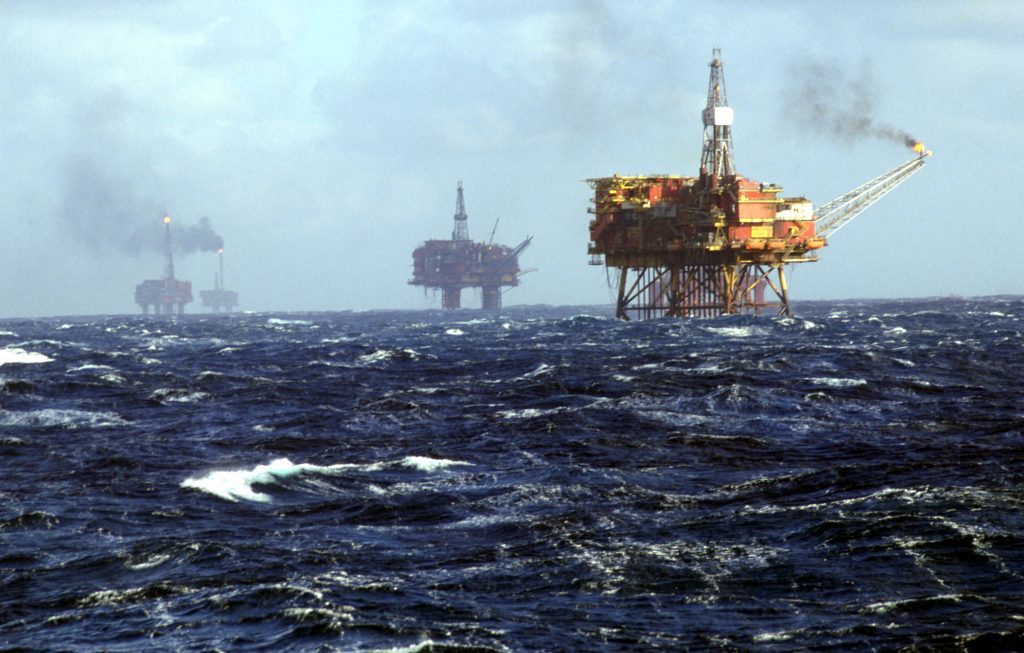
Decommissioning a well is an unavoidable cost and a logistical challenge. There is no economic upside, financial incentive or obvious cause to be enthusiastic about decommissioning. The cost is uncapped, unknown and can be, frankly, more than a little unnerving.
From a purely financial perspective, the preference would be “kick it down the road” as much as possible … to prolong the operation of assets, extend their economic life safely and responsibly and delay decommissioning for as long as possible.
If we can accept that this is the general feeling of operators (and one could argue it may not be held universally, but humour me) then we need to address these concerns as the industry is required to decommission wells at the lowest cost, with the lowest risk, best surety and in the most safe and sustainable way.
Trouble is, traditional, tried-and-tested approaches are costly and complex. They’re simply not as efficient as anyone would like.
That’s the challenge in a nutshell … but how do you address it?
You need to start with the best people with the most knowledge and experience in the market. We looked at the most significant inefficiencies in decommissioning projects, and found that “Abandonment procedures” and “pre-approval” – or waiting on consent – represented some of the biggest costs. So, we’ve been developing a suite of procedures that match industry standards and we invested in equipment that enables decommissioning, including spending some dollars on “intervention-lite” solutions. It’s an alternative approach that disrupts the standard methods, but it can really change the game.
The complexity and time involved in pulling together the multiple vendors and service providers also poses a challenge operators when they’re seeking to decommission wells. We investigated the various supply chain models that have been used in the past and we lined up Frame Agreements that enable risk and reward. Today, we have more than 60 Master Service Agreements (MSAs) in place with supply chain partners including rig and vessel contractors, ready to deliver abandonment solutions. That removes a significant logistics burden from the operator’s shoulders, a very welcome disruption, as you can imagine.
Another area we have been working on to reduce cost is providing innovative commercial offerings that mirror supply chain models and evolve over time as the campaign progresses. These can provide significant incentives, particularly if they have a sliding scale on a “risk and reward” basis, for traditional and special contract models. Campaign synergies around multi-field and even multi-operator collaboration (where many of the costs associated with decommissioning can be shared across campaigns and/or by more than one operator) is another opportunity to reduce the bill.
Finally, you have to appreciate the complexity that’s added by the passage of time. Perpetuity liability … complicated contractual structures … multiple past ownerships, stakes and interests … tax agreements and liabilities. For every field and often every well, these factors will differ and the financial implications will vary accordingly. We’ve done work here too, identifying formulas to ring-fence the financial exposure for operators, as well as some smart-thinking about ensuring the tax considerations are properly addressed.
We believe that all adds up to a saving of at least 30% on the cost of decommissioning and we’re already in active discussion with some very proactive producers on the UKCS.
And let’s not forget about timing; just take a look around the industry right now. Do you hang on, hoping some new technology will be invented, qualified and made available to help reduce cost, knowing that, each year, delay adds to integrity risk, complexity and greater expense? Today, rigs are easily attainable at about 1/3 of the cost compared with just a few years ago. Will technology advances offset future costs of rigs as anticipated in a stronger market?
There’s also the extended supply chain. Okay – they had it good too for a while there, but that was then and the game has changed – dramatically. Today, supply chain partners are squeezed, competitive and available. But capacity will also be limited in a stronger market … more delays, more cost.
Our industry has always prided itself on developing sophisticated, ultra-reliable technology, yet we’re in an era where we really need to embrace disruption and open ourselves up to new, innovative and collaborative ways of working. It’s not about giving up control or responsibility – it’s about being prepared to try new methods and alternative tactics, and take a partnership approach. The challenge of decommissioning underlines the importance of disrupting our traditional way of working, and the benefits it can bring.
Carl Roemmele is the head of subsea services and offshore at GE Oil & Gas.
Recommended for you
